The need for smart election observation
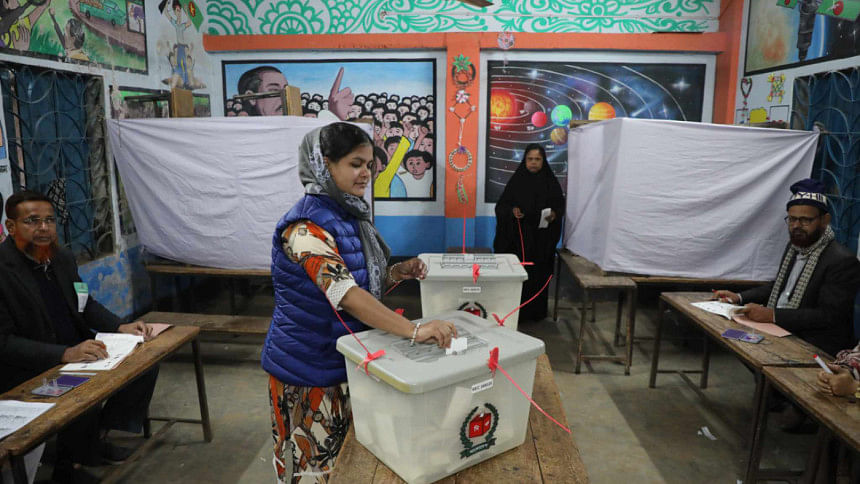
Bangladesh's next parliamentary elections promise to be the most consequential since voters went to the polls in December 2008 to restore democracy after a two-year-long state of emergency. By sponsoring smart, meaningful, and cost-effective international election observation this year, the international community can demonstrate that it takes these elections as seriously as Bangladeshis.
If the election process goes well, the return of multi-party democracy would be the first step necessary to reset Bangladesh's embittered political culture. But if either citizens or political actors doubt the integrity of the results, it risks dropping the country back into a pattern of political polarisation, corruption, and social instability.
In either scenario, smart international election observation gives the global community a powerful tool to help Bangladeshis head off post-election controversies. Objective, non-partisan international election observation helps keep disappointed political contestants at the table by assuring them that their legitimate grievances won't be ignored or forgotten.
I saw these efforts up close in 2008 when diplomats combined international observer statements, public opinion surveys, and exit polling to help the BNP understand how and why they trailed the Awami League in that election. By confirming that the election was fundamentally sound, the international community helped all political parties focus on why citizens voted the way they did instead of speculating about ballot rigging.
But the value of international election observation is squandered if the global community views it as just a box-checking exercise. Donors need to be clear and specific with observer missions at the inception phase about how they intend to use observation reports in their decision-making and engagements with Bangladeshi stakeholders before and after election day. In return, international observers owe donors smart and meaningful election observation plans fulfilling specific informational and analytical needs of their sponsors.
It is clear that this will be Bangladesh's next transitional election. However, questions remain regarding how to enfranchise the millions of adult Bangladeshis living overseas, how to protect ethnic and religious minorities from intimidation and political violence, how to prevent active disinformation campaigns from manipulating voters' choices, and how new patterns of money in politics are taking shape. These issues deserve thorough investigation and analysis.
To justify this investment of increasingly scarce resources, donors require election observation designs that speak to the moment. If a donor cares about things like women's roles in society, corruption caused by money in politics, or protecting religious minorities, they should say so, because knowing this will help observers write much better, more relevant reports. The output should be a cost-effective way to produce an actionable roadmap leading to more fulfilling political participation and less political dysfunction after the election.
This doesn't mean donors can or should dictate a methodology to election observation missions or limit their independence to call it like they see it. We expect international observers to bring cutting-edge methods for social media monitoring, tracing disinformation narratives on- and off-line, conduct parallel campaign expenditure tracking, and use election forensics to spot statistical anomalies that may indicate manipulation of results after the votes are cast.
Importantly, Bangladesh needs international election observers sooner rather than later. Today, Bangladesh's diverse stakeholders are rewriting the legal framework. They are also cautiously testing out a new political culture of collaboration before the election is declared.
And Bangladesh will need international election observers on the far side of the election as well to report on possible post-election violence, formal electoral dispute resolution, and public feelings about the credibility of the elections.
Unfortunately, international election observation doesn't come cheap. However, given the cost of political instability—not just to Bangladesh but to regional interests and the country's socio-economic development—the international community cannot afford not to observe these next elections at some level. Smart election observation can't be budget-driven, but it can be highly cost-effective.
But the value of smartly designed international observation is irreplaceable for those who want to speak definitively about the quality of the elections in order to incentivise contending parties to cooperate in the post-election period.
This time, just like in 2008, credible elections are absolutely essential for Bangladesh to move forward democratically. This election will define the terms for political competition for years to come. We don't know how much time remains before the election, but the global community should assure Bangladesh's voters now that international election observers will be here to protect their votes.
Jeffrey Noel Vanness is managing partner at Compasspoint Logistics. He has participated in election observation missions in various countries.
Views expressed in this article are the author's own.
Follow The Daily Star Opinion on Facebook for the latest opinions, commentaries and analyses by experts and professionals. To contribute your article or letter to The Daily Star Opinion, see our guidelines for submission.

 For all latest news, follow The Daily Star's Google News channel.
For all latest news, follow The Daily Star's Google News channel. 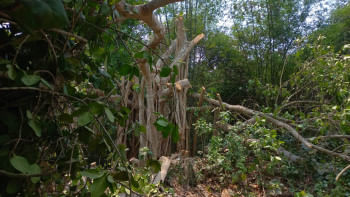
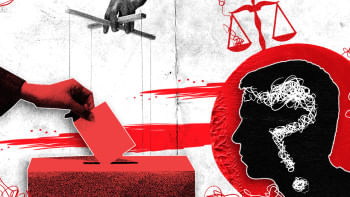



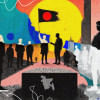
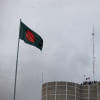



Comments